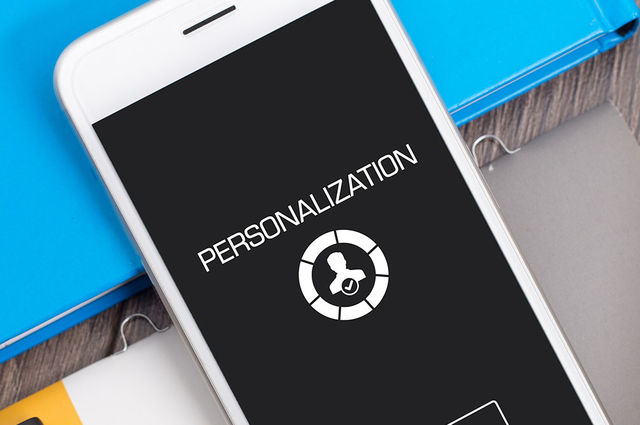Is Personalization in Hospitality Dead or Alive?
12 experts shared their view
Personalization of the customer experience - from digital marketing and website experience, revenue management and pricing, CRM and loyalty marketing, and on-property guest experience - has become a buzzword at industry conferences, webinars and in the hospitality media. Lately, two schools of thought have emerged in hospitality. Some industry experts, discouraged by privacy acts such as GDPR and CCPA and the complexity of the technology and efforts needed, predict that personalization is dead or dying. Others, encouraged by the advances in next-gen technologies like AI and ML and the increased sophistication of the online travel consumers, firmly believe that personalization is here to stay and the only way to successfully engage, acquire and retain the digitally savvy customers.
So... is personalization dead or alive in hotel digital marketing, website experience, revenue management, CRM and on-property guest experience?
Personalization will continue to be of critical importance only if the hotel industry uses customer data to add value to customers. Before the hotel industry develops capacities to re-orient itself to effectively becoming customer-centric, the profit-driven personalization will only kill itself.
Customers do not mind sharing personal data if the data can make their lives better and easier. Until recently, the hotel industry did not provide customers the right platforms to share relevant information. This year, we have seen Accor and other major hotel companies update their loyalty program platforms and started collecting more preference data. Finally, the industry has moved beyond collecting data such as the bed type, room location relative to the elevator and ice machine, or high/low floor. Now, hotel companies want to know customers' interest in art, culture, lifestyle, and sport. I applaud hotels which think outside of hotel operations, and now I challenge hotel companies' next move to clearly demonstrate to their customers how it has added customer value without crossing over privacy sensitives. As customers share their personal interest, how will the hotel industry choose to respond? How will the hotel industry provide personalized service and experience? For example, will hotels serve customers interested in reading differently from customers interested in photography?
Recently, in the third RevME conference that took place at Ecole Hoteliere de Lausanne, conference attendants passionately discussed the potential benefits created by AI and ML. If the output of ML is that “people look at this hotel also look at these hotels”, or if the application of AI is primarily to take reservations or answer FAQs, they will not create much-added value to customers or hoteliers. What would be more interesting is “given you have stayed in Hotel A in Bali, and Hotel B in Paris, we will recommend Hotel C for your next trip to Tokyo.” Or, “given you are allergic to dust, we will put an air purifier in your room when you arrive”. One of my students once told me that since her family member has a drinking problem, she always calls hotels in advance to notify the hotel about removing alcohol from the minibar. Could AI and ML save my students from repeating this painful information?
On the other hand, given the above available data, will hotels be able to use AI and ML to estimate the demand for special hobby groups and host events for them? Will AI and ML help hoteliers re-engineering their renovation projects and develop different rooms for Chinese travelers, young families, physically challenged or for the fishing mania? Whichever companies figure out the secret formula while again maintaining the customer comfort zone over privacy issues, they will be the winner against Airbnb.
Alternatively, the hotel industry could explore the potential of personalization, AI and ML to increase the employee retention rate or relieve the labor shortage challenge. Certainly robots and self-serving technology are part of the labor shortage solutions. Employees are internal customers. Could the hotel industry offer personalized career development programs for every employee? Could AI and ML help the hotel industry to select the right candidate, detect employees' risking of burnout and offer relevant suggestions?


